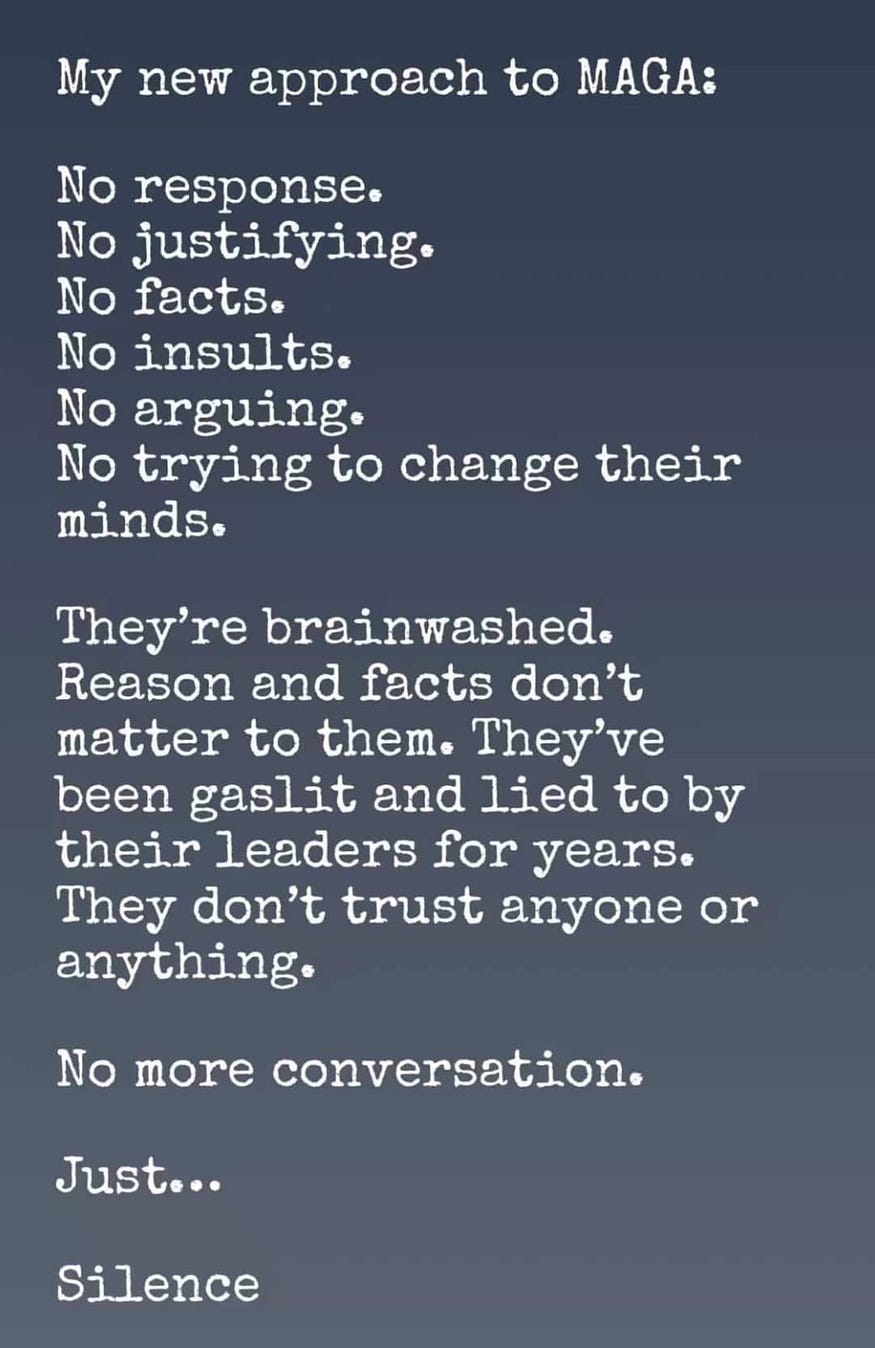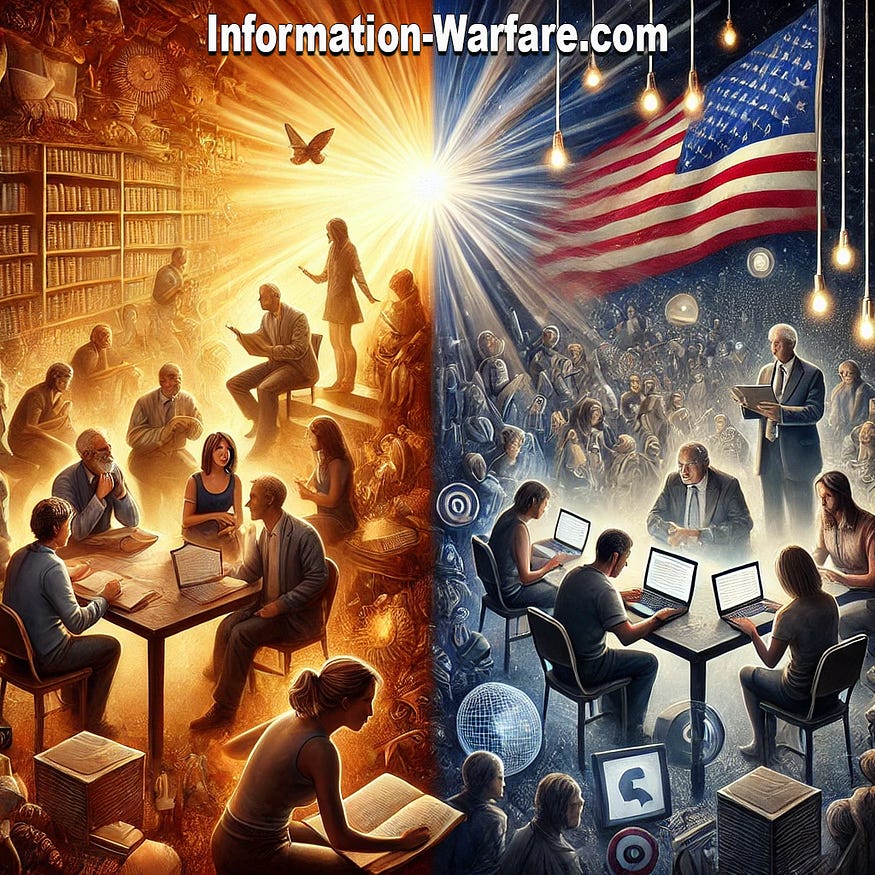Helping Fellow Americans Through the Information War
Empowering Americans to Navigate the Information War Through Truth, Dialogue, and Media Literacy

In today’s hyper-connected world, the battle for truth has reached unprecedented levels. With the rise of social media, 24/7 news cycles, and the spread of misinformation, it has become increasingly difficult for many Americans to discern fact from fiction. The Information War, as it has come to be known, is not just about the accuracy of information, but about the trust and unity within our society. As Americans, we have a shared responsibility to support one another in navigating this challenging landscape.
Understanding the Information War
The Information War is characterized by the deliberate spread of misinformation and disinformation to manipulate public opinion, sow division, and erode trust in institutions. This war is waged not just by foreign actors seeking to destabilize our democracy, but also by domestic sources aiming to push specific agendas. The result is a fragmented society where people are increasingly divided along ideological lines, each side convinced of the infallibility of their own beliefs.
The Impact on American Society
The effects of the Information War are far-reaching. It has created echo chambers where individuals only encounter information that reinforces their existing beliefs. This has led to a polarization of society, where conversations between people with differing views are rare, and when they do occur, they are often fraught with tension and hostility.
One of the most concerning aspects of this division is the growing number of Americans who feel alienated from mainstream sources of information. This alienation can lead to a sense of distrust and skepticism, not just towards the media, but towards experts, institutions, and even fellow citizens.
The Role of Enlightened Individuals
In this climate, it is crucial for enlightened individuals — those who actively seek out accurate information, question their own biases, and engage in critical thinking — to take a leading role in helping their fellow Americans navigate the Information War. But how can this be done effectively without further deepening the divides?
Promote Media Literacy: One of the most effective ways to combat misinformation is through education. Media literacy programs can help individuals develop the skills needed to critically evaluate the information they encounter. This includes understanding the sources of information, recognizing biases, and being aware of the tactics used to spread misinformation.
Engage in Constructive Dialogue: While it can be tempting to avoid engaging with those who hold opposing views, it is important to remember that meaningful change often comes through dialogue. Approach conversations with empathy and a willingness to listen, rather than simply trying to win an argument. By modeling respectful and informed discussion, enlightened individuals can help to rebuild trust and encourage others to question their assumptions.
Share Reliable Information: In the age of social media, sharing accurate information is more important than ever. Be mindful of the content you share, ensuring it comes from reputable sources. Encourage others to do the same by highlighting the importance of accuracy over sensationalism.
Support Fact-Checking Initiatives: Fact-checking organizations play a crucial role in the fight against misinformation. Supporting these initiatives, whether through donations, sharing their work, or simply using their resources to verify information, is a practical way to contribute to the broader effort.
Encourage Critical Thinking: Critical thinking is a skill that must be nurtured. Encourage others to question the information they receive, to seek out multiple perspectives, and to be cautious of information that plays on emotions rather than presenting facts.

The Path Forward
The Information War is not one that will be won overnight, and it will require the collective effort of all Americans to bridge the divide it has created. While it may be tempting to retreat into silence and disengagement, this approach only allows misinformation to spread unchecked. Instead, we must remain committed to the principles of truth, transparency, and open dialogue.
As enlightened individuals, it is our duty to lead by example, to engage with those who may not share our views, and to provide the tools and support needed for all Americans to navigate the complexities of the Information War. By doing so, we can help to rebuild trust, foster understanding, and ultimately, strengthen the fabric of our society.

